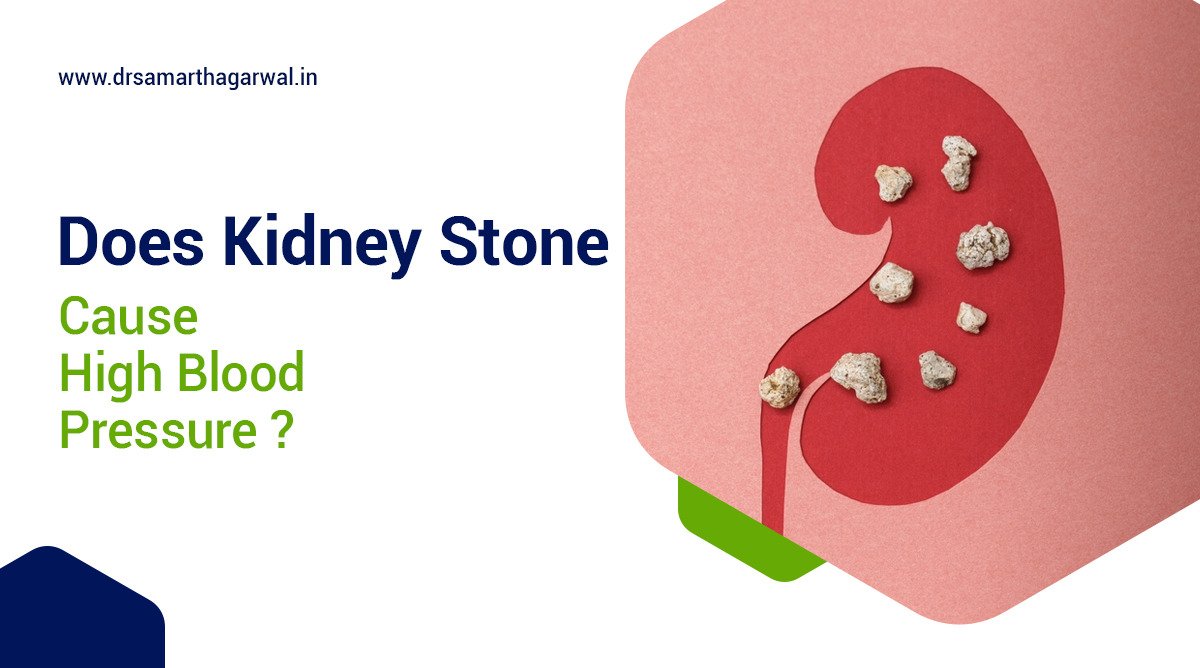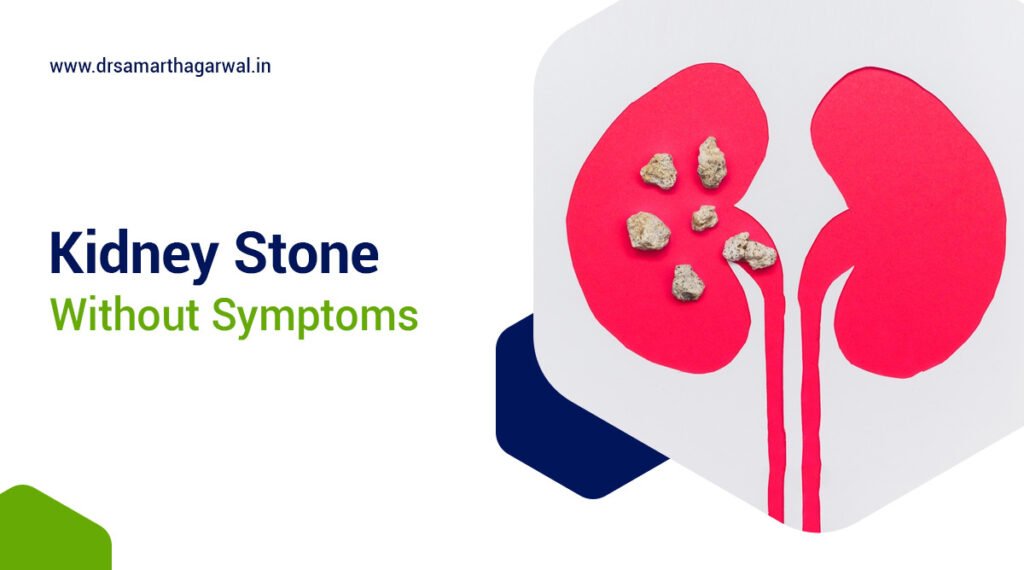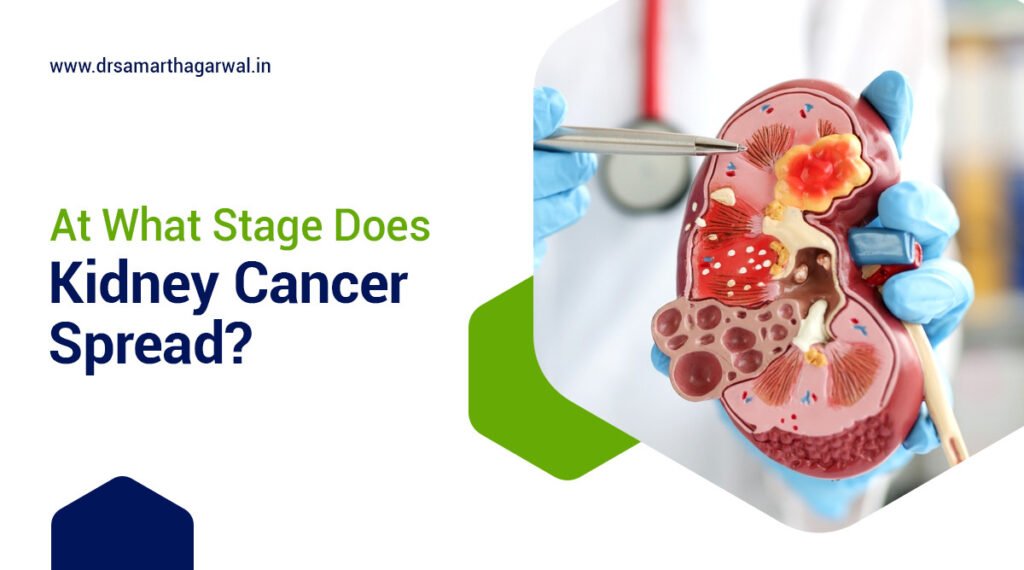Kidney stones are hard deposits that form in the kidneys when minerals in the urine crystallize. They can cause significant pain and discomfort, and in some cases, can lead to complications like infections or kidney damage. While the direct link between kidney stones and high blood pressure (hypertension) is not definitively proven, research suggests that there may be an association.
High blood pressure, also known as hypertension, is a condition in which the force of blood pushing against the artery walls is consistently too high. This can strain the heart and damage blood vessels over time. It can lead to serious health problems like heart attacks, strokes, and kidney failure.
The exact causes of kidney stones are not fully understood, but certain factors can increase the risk of developing them, including dehydration, high intake of certain foods, and certain medical conditions like obesity, diabetes, and gout. While research suggests that kidney stones may increase the risk of developing hypertension, it’s important to note that many other factors contribute to high blood pressure.
Kidney stones, particularly those composed of uric acid, can contribute to high blood pressure.
According to KC, Manish and Leslie, Stephen W.’s 2023 work in “Uric Acid Nephrolithiasis” on StatPearls, uric acid nephrolithiasis, a form of kidney stone disease, often correlates with elevated uric acid levels in the bloodstream, known as hyperuricemia.
This condition can be influenced by dietary factors, genetics, and certain medical conditions, such as metabolic syndrome, obesity, diabetes mellitus, and hypertension.
However, in general kidney stones themselves do not directly cause high blood pressure, but the intense pain they cause can trigger a temporary rise in blood pressure.
According to Favus, Murray J. and Feingold, Kenneth R.’s 2018 work in “Kidney Stone Emergencies”, kidney stone colic, or pain caused by kidney stones, often induces hypertension and tachycardia due to the intense pain.
Can kidney problems cause high blood pressure?
Yes, kidney problems can cause high blood pressure, often referred to as renal hypertension. This occurs when the blood vessels leading to the kidneys become narrowed, reducing blood flow. The kidneys, in response to this diminished blood supply, release hormones that increase blood pressure.
A strong association between kidney stones and high blood pressure (hypertension) exists, indicating that kidney stones might contribute to the development of hypertension.
According to Rahman, I. A. et al.’s (2021) systematic review and Bayesian meta-analysis titled “Association between metabolic syndrome components and the risk of developing nephrolithiasis,” they discovered a significant association between hypertension and the development of nephrolithiasis (kidney stones). Their meta-analysis showed a pooled odds ratio (OR) of 1.613 (95% CI: 1.213–2.169) for hypertension and nephrolithiasis, implying that individuals with hypertension have an elevated risk of developing kidney stones.
Renal hypertension is a treatable form of high blood pressure, but it’s crucial to diagnose and address the underlying kidney issue to effectively manage blood pressure. When kidney function is compromised, the body can’t efficiently eliminate waste and excess fluid, further contributing to elevated blood pressure. This creates a dangerous cycle where kidney damage leads to increased blood pressure, which in turn worsens kidney health, potentially leading to kidney failure.
It’s important to note that high blood pressure can also damage the kidneys. This occurs because high blood pressure puts extra stress on the blood vessels in the kidneys, ultimately leading to kidney dysfunction and potentially chronic kidney disease. Regular monitoring of blood pressure and early intervention are vital to prevent complications related to both kidney problems and high blood pressure.
What are the first warning signs of kidney stones?
The first warning sign of kidney stones is usually severe pain in the lower back or side, often radiating to the groin or abdomen.
Kidney stones form when minerals and salts in the urine crystallize and harden, causing pain and potentially blocking the flow of urine. The pain associated with kidney stones can be excruciating and may come and go in waves. Other early warning signs include:
- Blood in the urine: This can be a sign that the stone has damaged the lining of the urinary tract.
- Nausea and vomiting: These symptoms can occur as a result of the pain caused by the stone.
- Fever and chills: These symptoms suggest that an infection may be developing.
- Frequent urination: This may be a sign that the stone is blocking the flow of urine.
- Cloudy or foul-smelling urine: These symptoms also suggest an infection may be present.
If you experience any of these symptoms, it’s important to see a doctor right away. Kidney stones are a common and painful condition, but they are treatable. Treatment options depend on the size and location of the stone and may include medications, shock wave therapy, or surgery. It’s important to consult with your doctor for the best treatment options.
Can kidney function affect blood pressure?
Yes, kidney function can significantly affect blood pressure. When kidneys are not functioning properly, they struggle to remove waste and excess fluid from the body, leading to an increase in blood volume and pressure.
This complex relationship between kidney function and blood pressure is a two-way street. High blood pressure can damage the kidneys, while impaired kidney function can worsen blood pressure.
This is because healthy kidneys play a crucial role in regulating blood pressure by controlling sodium and water balance in the body. When the kidneys are compromised, they release hormones that further elevate blood pressure.
This can lead to a dangerous cycle of escalating blood pressure and kidney damage. Consequently, maintaining healthy blood pressure is essential to protecting kidney function, and vice versa. Early detection and management of either condition can prevent further damage and complications.
How to control high BP of kidney patients?
Controlling high blood pressure in kidney patients requires a multifaceted approach that focuses on managing the underlying kidney disease and reducing blood pressure. This involves medication, lifestyle changes, and regular monitoring.
Controlling high blood pressure in kidney patients is crucial because it can significantly worsen kidney function and lead to further complications. When blood pressure is high, it puts extra strain on the kidneys, which can damage the delicate blood vessels and reduce their ability to filter waste products. This can eventually lead to kidney failure, requiring dialysis or a kidney transplant.
A healthcare professional will work with the patient to determine the best course of treatment, which may involve a combination of:
- Medication: Specific blood pressure medications are prescribed to lower blood pressure and protect the kidneys. These medications are carefully chosen, taking into account the patient’s overall health and kidney function.
- Lifestyle Changes:
- Dietary Changes: A healthy diet low in sodium and saturated fat is essential. This may involve reducing processed foods, limiting salt intake, and increasing fruits, vegetables, and whole grains.
- Regular Exercise: Regular physical activity, such as walking, swimming, or biking, can help lower blood pressure.
- Weight Management: Maintaining a healthy weight can reduce stress on the kidneys and heart.
- Stress Management: Managing stress through techniques like yoga, meditation, or deep breathing can benefit blood pressure and overall health.
- Regular Monitoring: Regular monitoring of blood pressure, kidney function, and other relevant markers is essential. This allows for timely adjustments to treatment and early detection of any complications.
It is important to remember that controlling high blood pressure in kidney patients is a collaborative effort between the patient and their healthcare team. By adhering to the recommended treatment plan, patients can improve their quality of life and reduce the risk of further kidney damage.
Are kidney stones a risk factor for developing high blood pressure in the future?
While kidney stones themselves don’t directly cause high blood pressure, they can be a risk factor for developing hypertension in the future.
Kidney stones can lead to complications that indirectly contribute to high blood pressure. For instance, if a kidney stone obstructs the flow of urine, it can cause kidney damage and inflammation. This damage can impair the kidneys’ ability to regulate blood pressure, leading to an increase in blood pressure. Additionally, persistent kidney stones can increase the risk of chronic kidney disease (CKD), which is a major risk factor for hypertension.
The link between kidney stones and hypertension has been observed in several studies. A research paper published in the Clinical Journal of the American Society of Nephrology found a higher risk of developing hypertension among people with first-time symptomatic kidney stones. The exact mechanism by which kidney stones lead to hypertension is not entirely understood, but it likely involves a combination of factors, including kidney damage, inflammation, and hormonal imbalances.
Kidney stone treatment laser: Know All About
Is there anything I can do to prevent both kidney stones and high blood pressure?
While it’s impossible to completely prevent both kidney stones and high blood pressure, adopting a healthy lifestyle can significantly reduce your risk of developing both conditions.
Maintaining a healthy weight, eating a balanced diet, and engaging in regular physical activity are crucial for preventing both kidney stones and high blood pressure. Limiting your sodium intake, as per the National Kidney Foundation, can specifically help lower your risk of high blood pressure. Additionally, staying hydrated by drinking plenty of water, as advised by the Mayo Clinic in their article on kidney stones, is essential to prevent stone formation. Maintaining a healthy weight can also lower your risk of both conditions, as excess weight puts strain on your kidneys and heart.
Moreover, avoiding smoking and excessive alcohol consumption can also reduce your risk. It’s also important to remember that genetics play a role, so family history should be considered. Consulting with a healthcare professional for personalized guidance and regular check-ups is recommended to monitor your risk factors and ensure early detection of any potential issues.

Kidney Stone is a serious issue that warrants professional consultation. If you are in Siliguri then Contact Dr. Samarth Agarwal for any Urologgy related symptoms and diseases.






